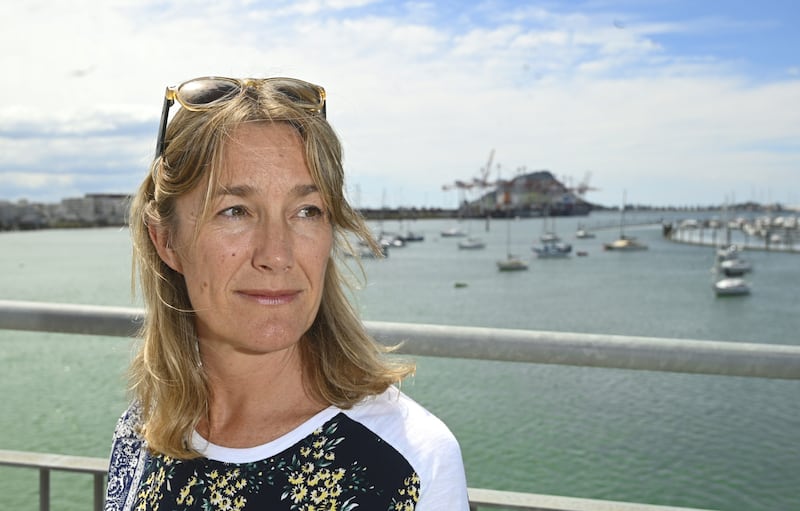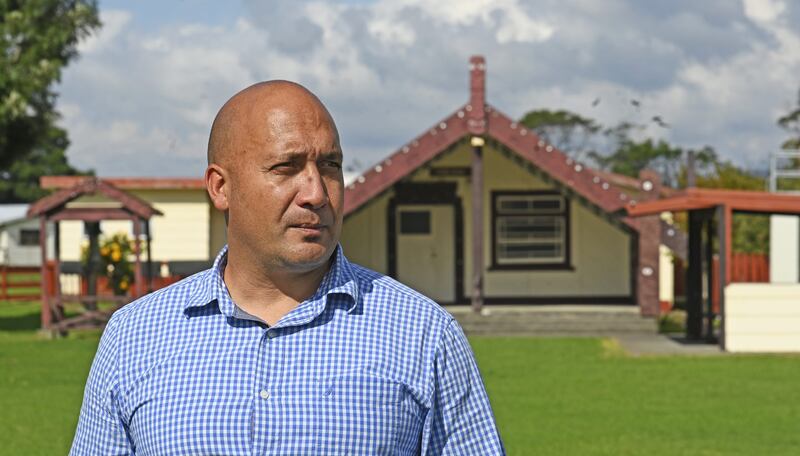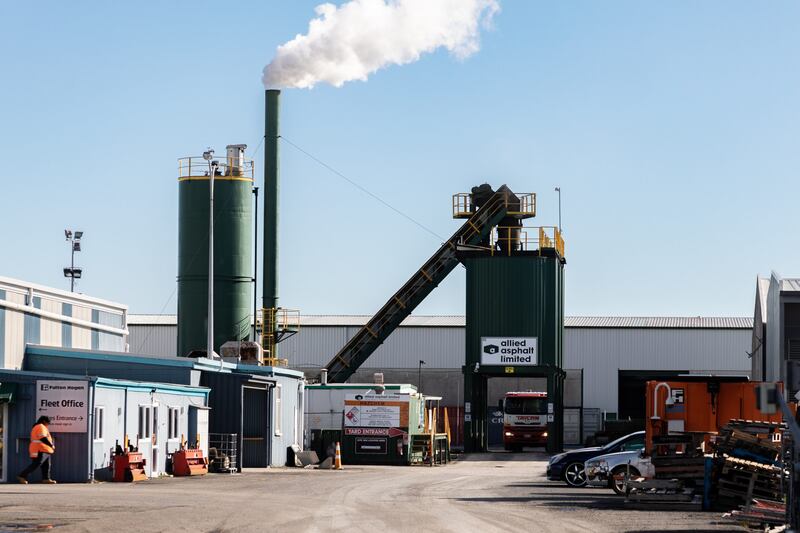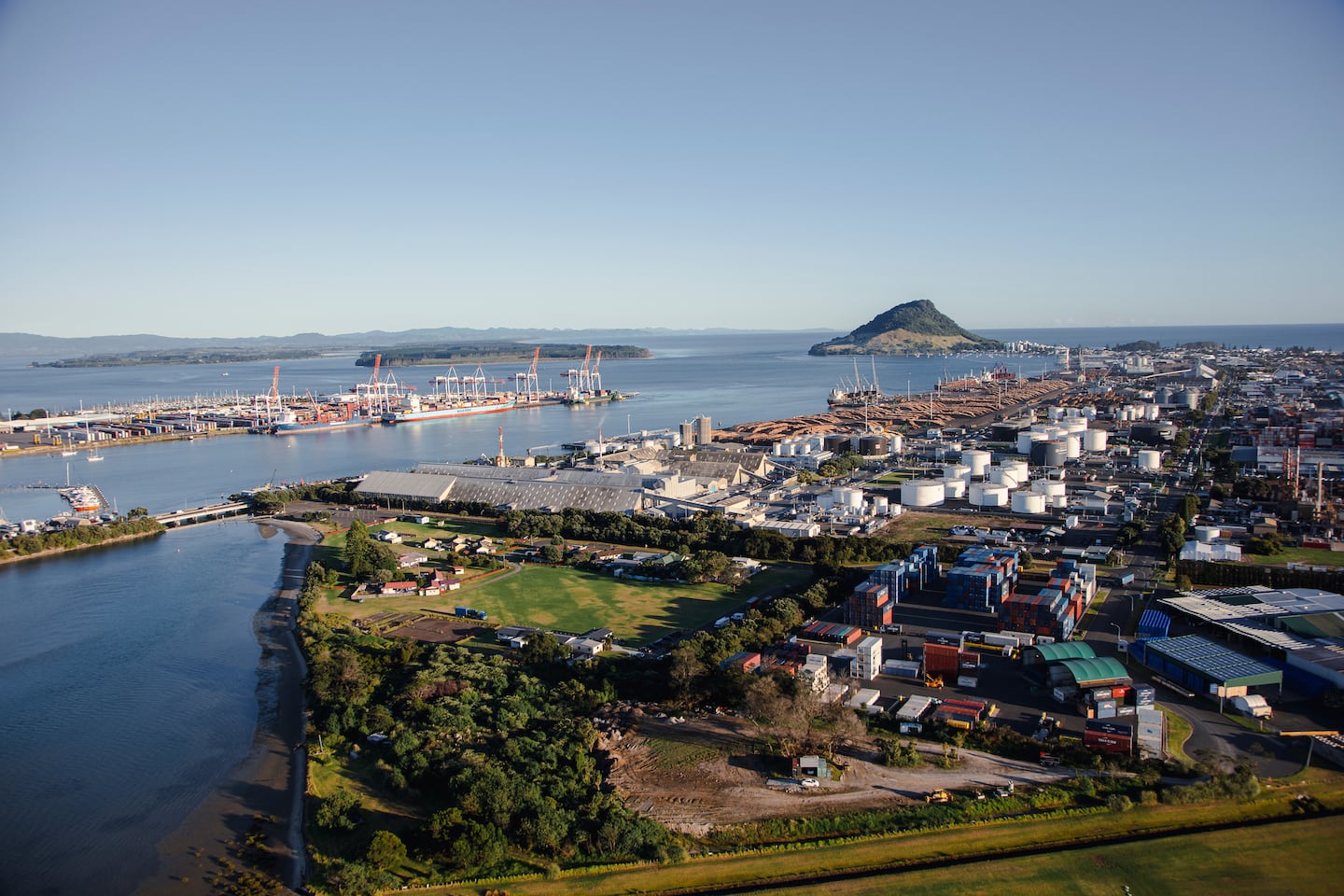An environmentalist group says it is trying to stay positive over a promise by Mount Maunganui industrial businesses to clean up their act.
The 29 businesses have voluntarily signed up to an environmental accord that commits them to up to five actions each over the next three years.
The accord was launched by Priority One, the Western Bay of Plenty’s economic development agency.
The businesses will keep one another accountable for implementing actions and improving their environmental impact.
Mount Maunganui’s industrial area is butted up against, homes, schools, childcare centres and sports fields on a narrow peninsula.
Whareroa Marae is also nestled within the industrial area that was classed as a polluted airshed in 2019.
The airshed, spanning from Tauranga Airport to Salisbury Ave, was introduced to enable tighter rules and resource consent decisions and a greater ability to manage industrial discharges.
Charitable trust Clear the Air spokeswoman Emma Jones said it was a complex issue that was generations in the making.
That 29 businesses had signed up to the accord was “really positive” and the trust would like to see more sign up, she said.

“The community deserves that. The community knows that we have to exist with industry and the port, but it’s just untenable, the fact that we’re dealing with such high levels of pollution.
“We’d like to see some pretty meaty actions taken by the group, not just window dressing.”
Jones said some softer actions included tree planting and ensuring yards were sealed to prevent dust, but “meatier” actions included reducing emissions and using the latest technology to achieve those reductions.
A report released in July 2023 showed poor air quality at Mount Maunganui was creating significant health risks and causing premature deaths.
The report found modelling for PM10 contributed to an estimated 13 premature deaths in Mount Maunganui each year. PM10 are particles in the air that have a diameter of 10 microns or less and can be harmful when inhaled.
The findings of that study, published by Toi Te Ora Public Health Organisation and Te Whatu Ora – Health NZ, estimated the social cost of premature deaths and ailments was $22 million.
Whareroa Marae environmental spokesman Joel Ngatuere said it was clear from the report that heavy polluting industries and residential areas with schools and marae could not co-exist.
The industry working within the national environmental standards and having aspirations of zero exceedance did not address chronic exposure and the harm to human health.
“Unless it’s 100% recapture [of emissions], that’s at the detriment of the health of residents and workers.”

The marae called for the managed retreat of heavy industry in 2020 but a lot of the industrial activities have existing user rights under the Resource Management Act.
Priority One chief executive Nigel Tutt said major organisations or ones that had air-discharge consents were the most appropriate to lead the accord.
“It will take a collaborative effort, including local and central Government, to improve our environmental impacts,” said Tutt.
Allied Asphalt national environmental manager Dale Eastham said the company joined the accord because it wanted to remain in the Mount long-term so it shared the community’s values about improving the environment and air quality.
Allied Asphalt has an active resource consent application for a new asphalt production plant on its current site in Aerodrome Rd.
The environmental performance of the new plant would be a big improvement, said Eastham.
“Both plants produce asphalt, but it’s like comparing a 1980s car with a brand-new car. They do the same thing but one’s much better at doing it than the other.”

The stormwater would be treated to a higher standard, the storage bays for the raw materials would be fully covered and the new plant would run on natural gas or diesel, which was a big improvement from the waste oil the current plant used, he said.
Emissions from the plant would also be lower because of increased filtration, vacuums and positive extraction.
Eastham said if resource consent was granted the new plant could be operational in around 18 months and the current plant would be decommissioned.
“We’re hoping that it generates a good outcome and we get something that is good for business as well as good for the community and air quality.”
LDR is local body journalism co-funded by RNZ and NZ On Air


